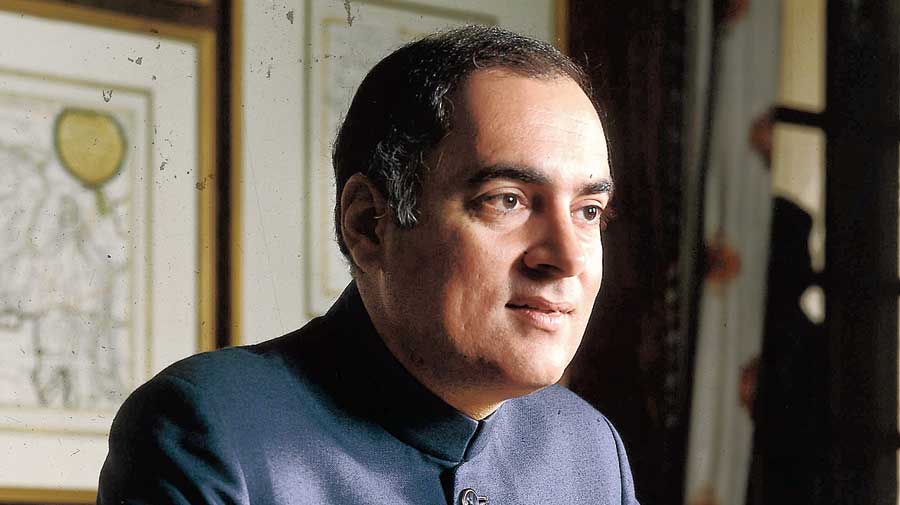Invoking its extraordinary power under Article 142 of the Constitution, the Supreme Court Wednesday ordered the release of A G Perarivalan, who has served over 30 years in jail in the Rajiv Gandhi assassination case.
A bench headed by Justice L Nageswara Rao said the Tamil Nadu state cabinet's advice recommending the premature release of all seven convicts in the case was binding on the governor.
The apex court also discarded the Centre's argument that the president exclusively has the power to grant pardon in a case under section 302 the Indian Penal Code, saying this would render article 161 (power of governor to grant pardon) functionless.
The bench, also comprising Justice B R Gavai, held that states have the power to advise and aid the governor in case of pleas of pardon under article 161 made by convicts in murder cases.
Article 142 of the Constitution deals with the Supreme Court's power to exercise its jurisdiction and pass order for doing complete justice in any cause or matter pending before it. The article was also used in the Ram Janmabhoomi-Babri Masjid land dispute case.
The Centre had earlier defended the Tamil Nadu governor's decision to send the mercy plea of Perarivalan to the president.
Additional Solicitor General K M Nataraj had said that only the president can decide the plea regarding remission, commutation and mercy plea of an individual convicted under the central law.
On March 9, the top court had granted bail to Perarivalan while taking note of his long incarceration and no history of complaints when out on parole.
The top court has been hearing pleas including the one in which Perarivalan sought suspension of his life sentence in the case till the Multi Disciplanary Monitoring Agency (MDMA) probe is completed.
The CBI, in its affidavit of November 20, 2020, had told the apex court that the Tamil Nadu governor has to take a call on grant of remission to Perarivalan.
Later, the governor referred the mercy plea to the President of India saying he does not have the power to decide it.
The mercy plea has been pending since then and the apex court said till the time the legal issue over the power to grant remission is decided, it would grant the bail to the convict.
The CBI had said Perarivalan was not the subject matter of further investigation carried out by the CBI-led MDMA which is conducting a probe on the aspect of larger conspiracy as per the mandate of the Jain Commission report.
The Jain commission of inquiry in the assassination of the former prime minister has recommended a probe into the larger conspiracy by MDMA, and it required monitoring /tracking of absconding suspects and the role of Sri Lankan and Indian nationals in the case.
The state government had earlier told the top court that the Cabinet had already passed a resolution, on September 9, 2018, recommending to the governor to prematurely release all seven convicts in the case.
The MDMA was set up in 1998 on the recommendations of the Justice M C Jain Commission of Inquiry which had probed the conspiracy aspect of Gandhi's assassination.
Gandhi was assassinated on the night of May 21, 1991 at a poll rally in Tamil Nadu's Sriperumbudur by a woman suicide bomber, identified as Dhanu. Fourteen others, including Dhanu herself, were also killed.
Gandhi's assassination was probably the first case in the country of suicide bombing which had claimed the life of a high-profile leader.
In its May 1999 order, the top court had upheld the death sentence of four convicts -- Perarivalan, Murugan, Santham and Nalini.
In April 2000, the Tamil Nadu governor had commuted the death sentence of Nalini on the basis of the state government's recommendation and an appeal by former Congress president and Rajiv Gandhi's widow Sonia Gandhi.
On February 18, 2014, the top court had commuted the death sentence of Perarivalan to life imprisonment, along with that of two other prisoners -- Santhan and Murugan -- on the grounds of an 11-year delay in deciding their mercy pleas by the Centre.











